
Dr. Sebastian Cuzincu
Gastroenterology and Internal Medicine
If you are experiencing abdominal gas and bloating, it's important to take action to alleviate your symptoms.
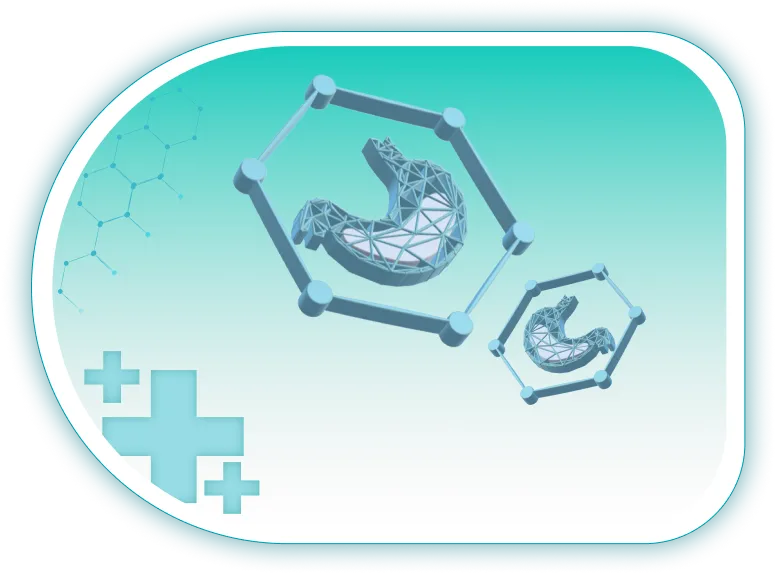
Abdominal gas and bloating, also known as flatulence and distension, are common digestive issues that can cause discomfort and embarrassment. These conditions occur when gas builds up in the intestines, causing the abdomen to become swollen and distended. The good news is that there are several effective treatments available to alleviate these symptoms.
The first step in treating abdominal gas and bloating is to identify the underlying cause. In some cases, these symptoms may be the result of certain foods that are difficult to digest, such as beans, dairy products, and certain types of vegetables. Other common causes include swallowing air while eating, eating too quickly, and certain medical conditions such as irritable bowel syndrome (IBS).
If you experience abdominal gas and bloating, there are several things you can do to alleviate your symptoms. These include:
1. Avoiding certain foods: If you suspect that certain foods are causing your symptoms, try eliminating them from your diet and see if your symptoms improve.
2. Eating slowly: Eating slowly and chewing your food thoroughly can help prevent you from swallowing air, which can contribute to abdominal gas and bloating.
3. Drinking plenty of water: Staying hydrated can help prevent constipation, which can contribute to abdominal gas and bloating.
4. Taking over-the-counter remedies: Over-the-counter remedies such as simethicone can help break up gas bubbles in the intestines and alleviate symptoms of abdominal gas and bloating.
5. Seeking medical attention: If your symptoms persist or are severe, it’s important to seek medical attention. Your doctor may be able to prescribe medication to help alleviate your symptoms or refer you to a gastroenterologist for further evaluation.
If you are experiencing abdominal gas and bloating, it’s important to take action to alleviate your symptoms. Not only can these symptoms be uncomfortable and embarrassing, but they can also be a sign of an underlying medical condition. At German Medical Center, our experienced gastroenterologists can help diagnose and provide you with treatment of gas in stomach, providing you with the relief you need to live a comfortable and healthy life. Contact us today to schedule an appointment and take the first step towards feeling better.
Our team of experts are passionate about providing only the best quality care and treatment to their patients.

Gastroenterology and Internal Medicine
A cutting-edge medical technique that plays a crucial role in diagnosing and treating disorders of the bile ducts, pancreas, and gallbladder....
Liver Elastography – an advanced medical imaging technique designed to assess the health of your liver with precision and non-invasiveness....
Abdominal pain can be a symptom of a wide range of medical conditions and can manifest in different ways depending on the...
Colorectal cancer (CRC) is a type of cancer that affects the colon or rectum. It can develop from small growths called polyps in...
Stomach cancer, also known as gastric cancer, can cause a range of symptoms. However, it's important to note that not everyone...
Liver cancer is a serious and potentially life-threatening condition that requires prompt diagnosis and treatment....
Colon polyps are usually detected during a routine colonoscopy. During the procedure, a long, flexible tube with a camera on the...
Pancreatic cancer often does not cause symptoms in its early stages....
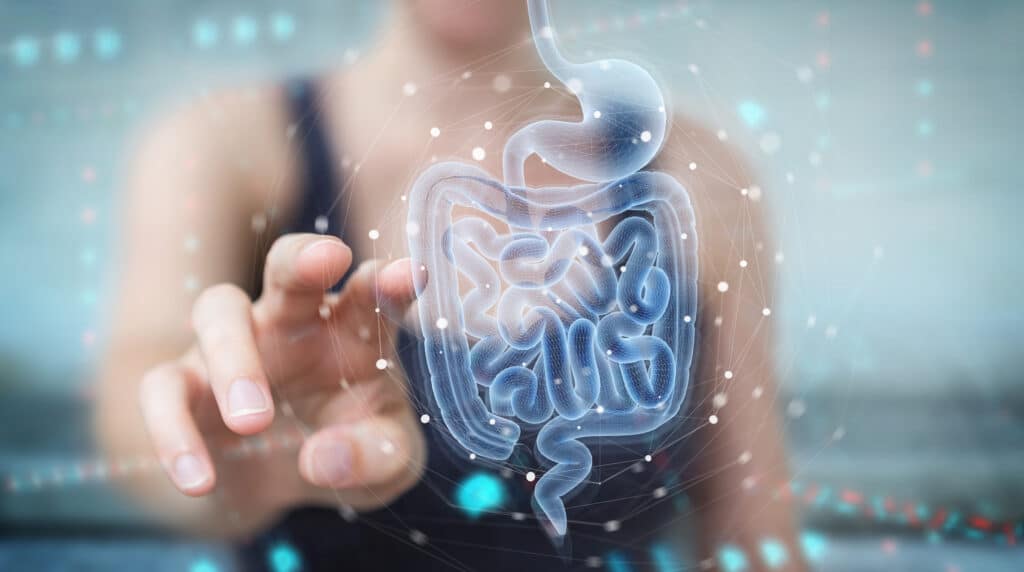
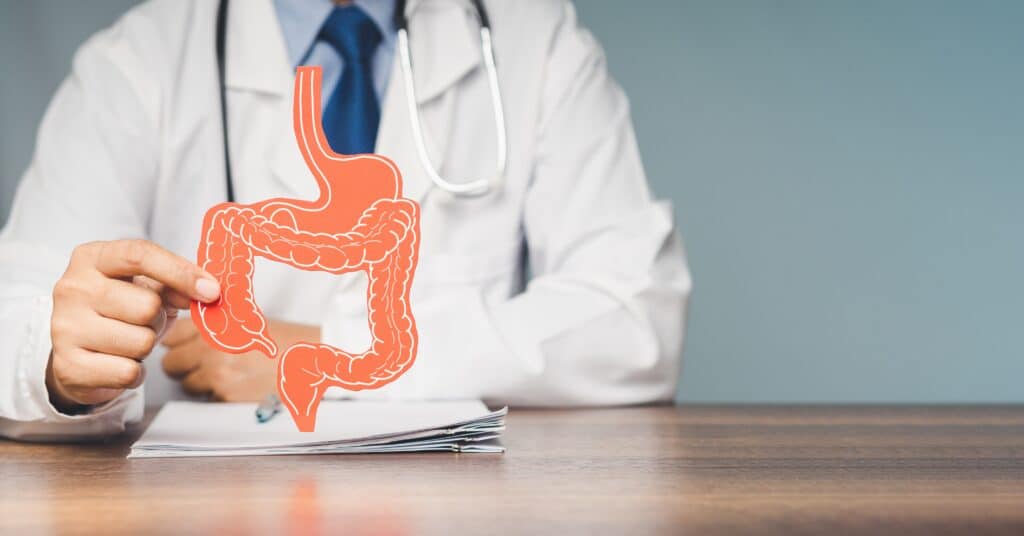

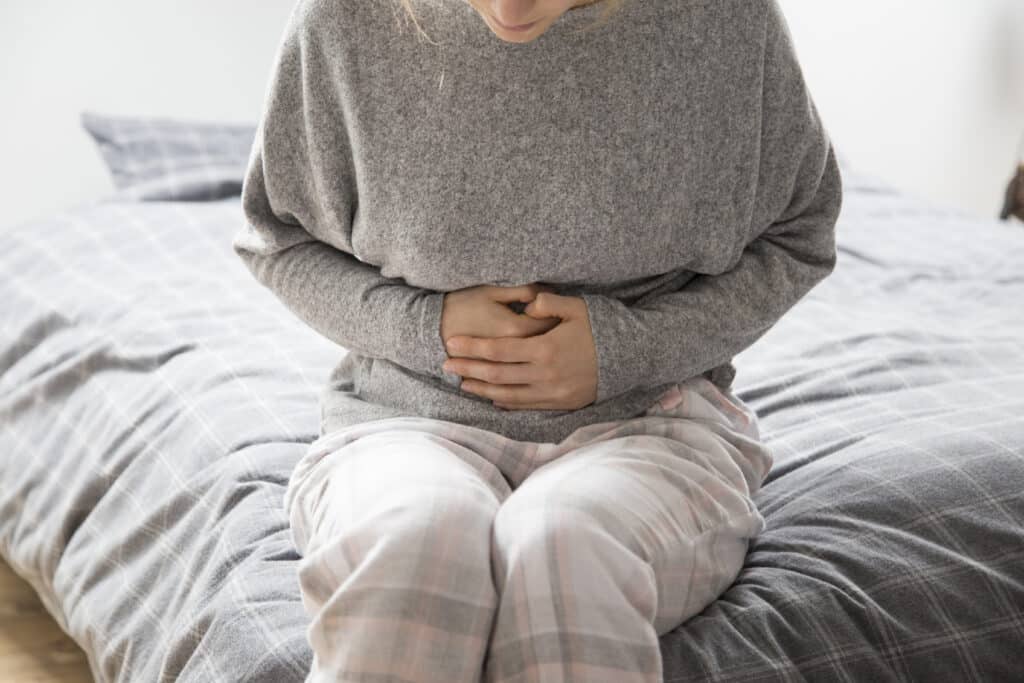
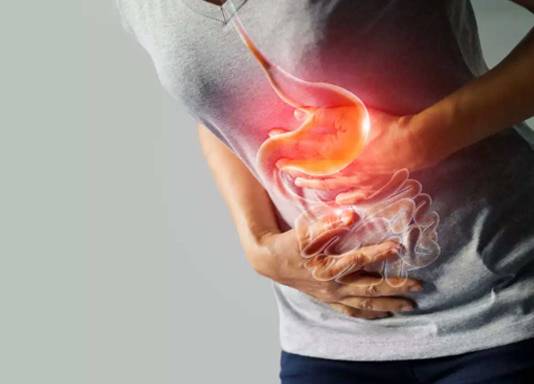

Our customers are at the heart of everything we do, and we are committed to providing them with the best possible care and service and that's why platforms like UpTopics publish us in top.


(4.5)
Based on 174 Google Reviews

Partner with:
Partner with:


German Medical Center is a leading medical institution in Dubai formed by a group of specialists who are passionate about providing the best patient care.
Fill out our easy online form to book an appointment with German Medical Center. Our team of experts is dedicated to providing you with personalized care and guidance every step of the way. Don't wait, take charge of your well-being and schedule your appointment now!